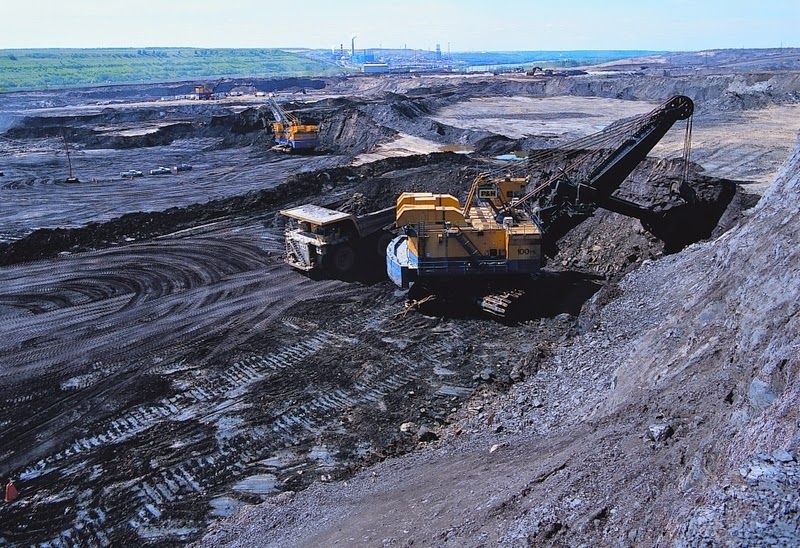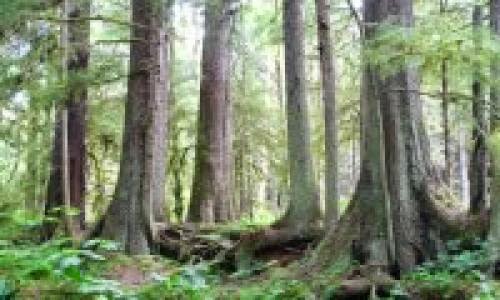The other day I had a conversation with a friend about environmental issues. We were both outraged that gas prices at the pump jumped the minute there was a whisper of unrest in Iraq. Even before the U.S. supply of oil is affected by any kind of disaster or political uprising in a mid-east country, the large oil companies hike the price of gas overnight. Shame on the big gas giants.
Our conversation segued into the short-sightedness of so many when it comes to the desperate search for more fossil fuels. We are both opposed to the XL Pipeline, as well as the tar-sands oil itself. Not only is the pipeline an ecological disaster waiting to happen, the process of mining the oil is detremental to the environment. Open pit mining, in which the tar sand is scooped up and put on trucks to be taken for processing, ravages thousands of acres of land. And what is really sad is that it takes about two tons of tar sands to produce one barrel of oil.
The other techniques used for getting to tar sands deep in the earth are steam injection, solvent injection, and firefloods, in which oxygen is injected and part of the resource burned to provide heat. Of those three, steam injection is the most commonly used method requiring large amounts of water.
That short-sightedness is not limited to the fuel industry. We are stripping our world bare for timber and carbon emissions are destroying plant life, water systems, and the air we breathe.
Are you aware that the Tongass National Forest in Alaska is scheduled to be cut for timber? The Tongass contains some of the most intact expanses of old-growth temperate rainforest remaining on the planet. We all know the importance of rainforests, so why would we want to destroy one of the last remaining on this earth? The Tongass rainforest serves as a critical habitat for species that are threatened or endangered in the lower 48 states—including wolves, bears, salmon, and other wildlife.
In addition, it contributes more than $2 billion to local economies through non-timber uses, such as recreation and tourism, commercial salmon fishing, subsistence and scientific research.
Gabe Scott writing in Cascadia Wildlands contends that it is foolish to think that “cutting more trees in the most effective carbon sequestration systems in the world—northwest temperate rainforests—represents sound and forward thinking solutions. Not on this planet and not at this time.”
I would say not on this planet and not ever.
My friend and I wondered if the people in power at the oil companies and in governments ever stop and think about what this world is going to be like for the children of our grandchildren. Do we want them to be able to turn on a tap and get a glass of water? Do we want them to have a tree to climb? Do we want them to have clean air to breathe? And most importantly, do we want them to have a planet on which to live?
There are no easy answers to all this, but one thing we could do is start making decisions based on long-term goals as opposed to this quarter’s profit margin.


